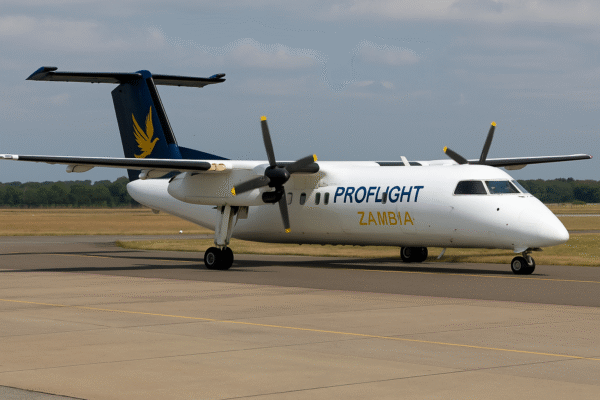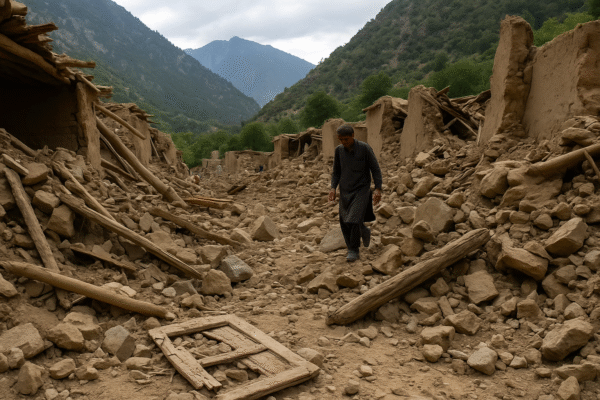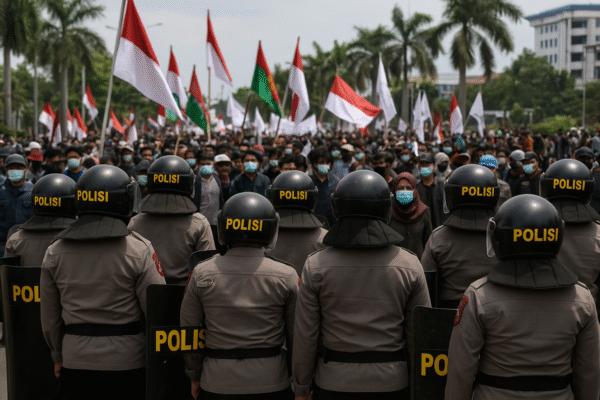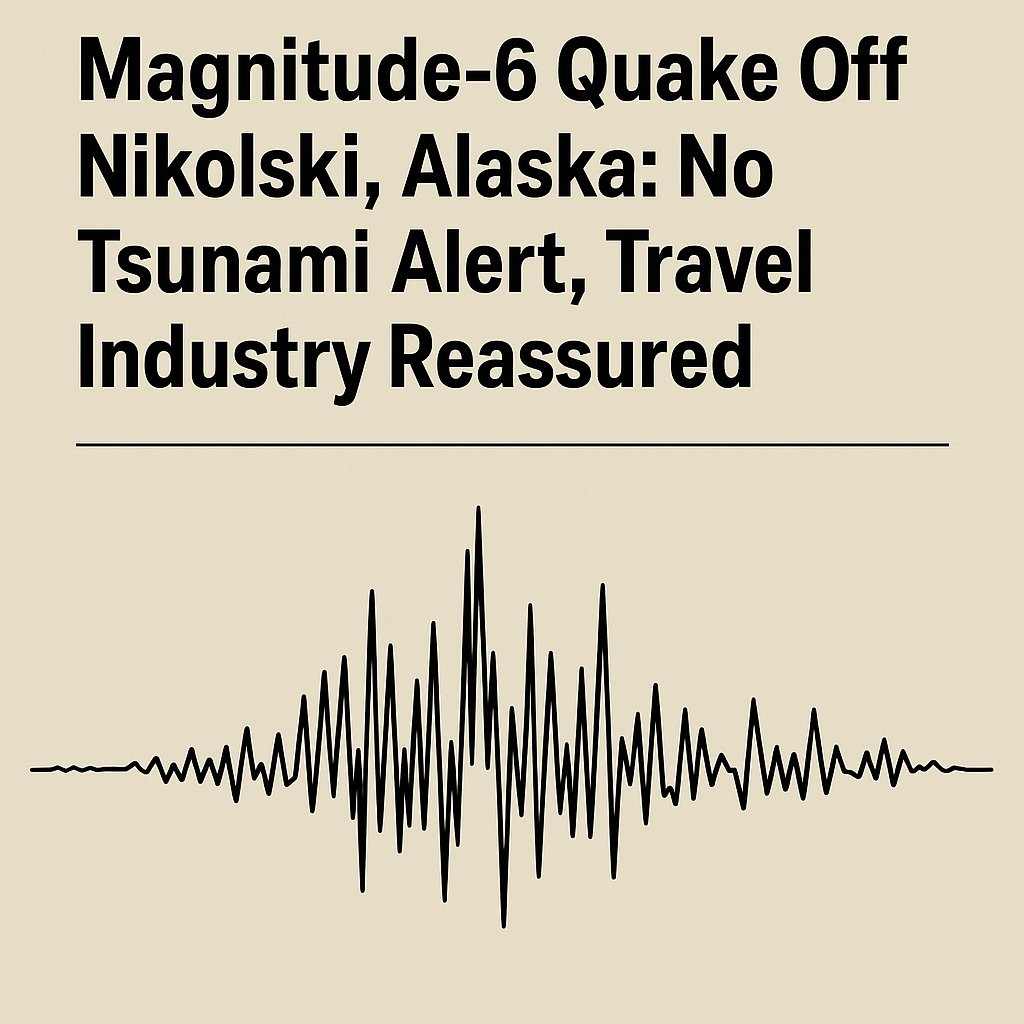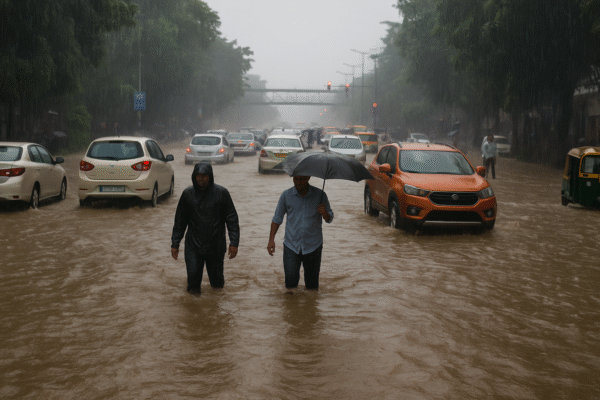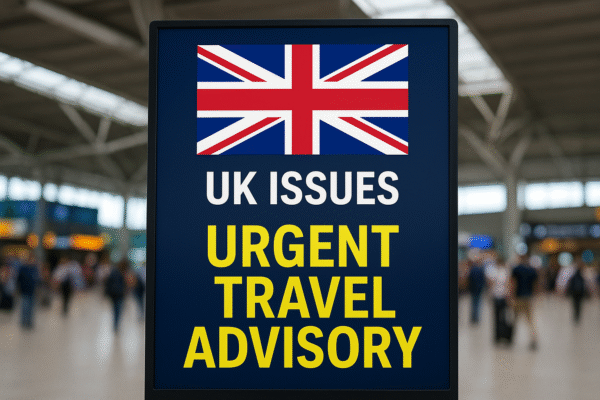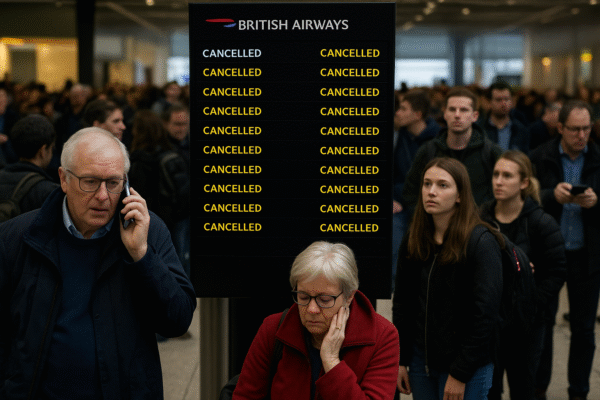Indonesia, one of Southeast Asia’s most visited destinations, is facing a wave of political protests that have sparked global attention. Demonstrations, some of them violent, have spread across dozens of provinces, turning the spotlight on safety for both residents and international visitors. The unrest began as public anger over new parliamentary privileges but quickly escalated into nationwide demonstrations, including in Jakarta and Bali—two regions central to Indonesia’s tourism and business landscape.
For Bali, where tourism is the backbone of the local economy, the unrest has triggered unease. Jakarta, while better known as Indonesia’s commercial and political hub, doubles as the main international entry point for travellers. Any disruption in these hubs naturally raises questions about whether it is safe for tourists to continue visiting.
Government’s Assurances to Travellers
Despite widespread media coverage, the Indonesian government has been quick to reassure tourists that the nation remains open. Officials emphasize that international airports, hotels, and major tourist attractions are operating normally. Bali’s resorts and beaches continue to welcome visitors, while Jakarta’s airports are functioning, though travellers may occasionally face flight delays or longer security checks during periods of heightened demonstrations.
Authorities insist that most areas remain calm and that tourism activities carry on uninterrupted. Their priority is to maintain Indonesia’s image as a peaceful, welcoming nation—an image vital to the economy, as tourism supports millions of livelihoods.
Travel Advisories from Foreign Governments
Foreign governments, however, are advising caution. Several countries have updated their travel advisories, encouraging visitors to avoid areas where protests are active. These advisories highlight that demonstrations can erupt quickly and sometimes escalate into clashes, particularly in urban centres.
Tourists already in Indonesia are urged to keep emergency numbers at hand, avoid protest routes, and monitor local updates regularly. However, the advisories stop short of discouraging travel to Indonesia entirely. They note that most resort areas—including Bali, Lombok, Yogyakarta, and the Gili Islands—remain calm and safe for visitors.
Tourism Industry Responds Proactively
Indonesia’s tourism industry has acted quickly to limit damage to traveller confidence. Resorts, hotels, and tour operators have implemented clear communication strategies, often providing guests with daily updates about safe travel routes and unaffected activities.
Tourism boards are actively promoting Indonesia’s cultural richness and natural beauty. Campaigns showcase Bali’s famous temples and beaches, Yogyakarta’s UNESCO-listed heritage, Lombok’s pristine coastline, and the country’s world-class diving destinations. Their collective message: Indonesia is still open, diverse, and ready to welcome visitors.
Airlines have continued to operate flights into and out of Indonesia, though they encourage passengers to monitor schedules and remain flexible in case of changes.
How to Travel Safely During the Unrest
Political demonstrations do not necessarily make a country unsafe to visit, but they do require travellers to be alert and prepared. By adopting smart practices, visitors can continue to enjoy Indonesia’s vibrant offerings with minimal disruption.
Key Safety Tips for Travellers:
- Monitor local news and travel advisories daily.
- Avoid protest zones and large gatherings.
- Carry identification and keep embassy contacts handy.
- Use official transport services and trusted tour operators.
- Build extra time into itineraries when flying through Jakarta or other large airports.
Most visitors who follow these precautions are able to travel without major problems. For many, their holidays in Bali or other destinations continue as planned.
Why Tourism Confidence Matters
Tourism is one of Indonesia’s strongest economic pillars. Bali, in particular, relies almost entirely on international visitors to sustain its hotels, restaurants, and small businesses. Even short dips in tourist arrivals can ripple through local economies, threatening jobs and livelihoods.
Beyond economics, tourism confidence also shapes international perception. For millions of people planning their trips abroad, headlines about unrest can overshadow the daily reality of calm beaches, open attractions, and hospitable communities. Maintaining trust is therefore essential for Indonesia to continue attracting global visitors.
What Travellers Can Expect on the Ground
Visitors to Indonesia today will find most aspects of tourism operating smoothly. Restaurants remain busy, cultural sites remain open, and tour activities proceed as usual. Protests are generally concentrated in political and urban centres such as Jakarta, rather than in tourist hubs like Bali, Lombok, or Komodo Island.
That said, travellers may experience inconveniences, particularly in Jakarta. Airport queues can be longer during security checks, and public transport routes may face temporary disruptions. Tourists are advised to plan buffer times for connections and keep essential items in hand luggage to minimize stress.
Balancing Unrest and Hospitality
Indonesia’s ongoing unrest challenges its reputation as a tourism powerhouse but also highlights the resilience of its travel industry. Even as demonstrations occur, Bali continues to host festivals, diving trips leave from ports, and temples welcome visitors. Daily life for tourists remains largely uninterrupted.
The key takeaway is balance: the unrest is real, but so is Indonesia’s determination to remain a welcoming destination. For those willing to travel smart and stay informed, the beauty and hospitality of Indonesia remain within easy reach.
Final Word for Travellers
For travellers weighing their options, Indonesia continues to be a rewarding destination. Bali’s sunsets still glow, Jakarta’s skyline still dazzles, and the islands’ cultural diversity continues to inspire discovery. While political unrest presents challenges, safety for tourists lies in preparation and awareness rather than avoidance.
The bottom line: Indonesia is open for tourism. Visitors who plan wisely, stay updated, and remain flexible will find the trip they dreamed of—rich in culture, beauty, and unforgettable experiences.
For more travel news like this, keep reading Global Travel Wire



